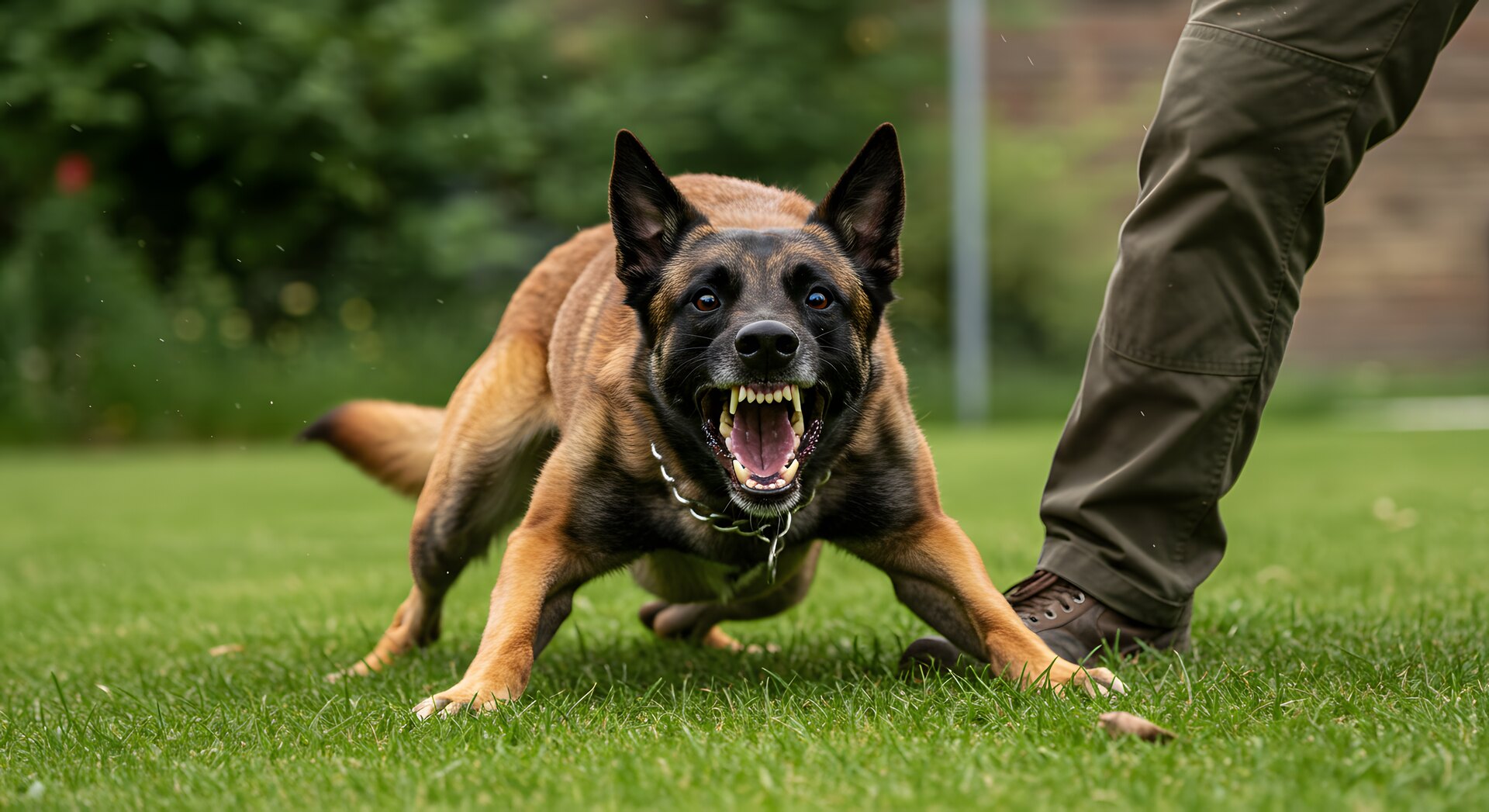What Causes Anxiety in Dogs
June 15, 2022

Understanding Your Dog’s Anxiety
Just like us humans, dogs can get anxiety. Some forms of their anxiety might be triggered by events and can be considered causational – meaning their symptoms will only manifest during or after an incident has occurred and will likely go away until that event happens again. Other forms of anxiety are more deeply rooted and can even be semi-permanent attributes of your dog.
However, with some help, your dog has a chance of lessening the effects of their anxiety even eliminating it all together. Read on to find out how.
Identifying Anxiety in Your Dog
The first thing you need to do is understand how your dog behaves when they are feeling anxious. This can take on many different forms, so it can be confusing. What’s more, many of these indicators can also be attributed to other health and/or behavioral issues. As such, it may end up being your judgment that is the initial diagnosis – you know your dog best.
- Aggression
- Abnormal Bathroom Habits
- Excessive Drooling / Panting / Licking
- Excessive Barking / Whining
- Destructive Behaviour
- Changes in Their Body Language / Shaking
- Attempts to Flee / Pacing / Restlessness
- Depression
If you think your dog may be suffering from anxiety, we encourage you to seek out professional help.
Causes of Dog Anxiety
A dog’s anxiety can usually be attributed to a state of fear. However, they may be anxious due to any of the reasons listed below — or perhaps even a combination of them. Sometimes, the issue can be unique to your dog.
Loud Noises:
This is a very common anxiety driver in dogs. Unfortunately, there is not much you can do to treat this. Instead, you must try and predict any loud noises and try create a safe, calm environment for your dog.
Travelling:
This is most commonly experienced when bringing your dog on car rides. When trying to identify if this is a trigger of anxiety, make sure to rule out loud noises and/or large objects as these can also be factors during travel as well.
New Stimulus:
Some dogs do not like new things. Strange people and/or environments can trigger anxiety. The way that a person approaches your dog or their demeanour can cause fear or anxiety.
Abused:
If a dog has been abused, they may live in a constant state of anxiety because almost everything becomes a trigger. Simply put, they do not feel safe anymore. It can be a long road to recovery and your number-one priority should be to create a safe and calm environment for your pet.
Separation:
This is a very common manifestation of anxiety in dogs and often stems from a fear of abandonment and/or being alone. A typical household is likely to see it when a specific person or persons leaves for the day. Even if your dog seems accustomed to this, anxiety can sometimes manifest when the schedule changes.
Children:
Children look different, smell different, and most importantly, behave differently than adults. If your dog wasn’t properly introduced to children and given adequate socialization time with them when they were younger, there is a chance a dog will develop a fear-triggered anxiety towards children.
Social Anxiety:
This can be caused by a fear of other people and/or other animals. There does not need to be a specific environment for this to occur in, as. it can happen at home, on the streets, or at the park.
Neglected:
This is form of abuse and can also cause your dog go into survival mode and live in a constant state of anxiety. You need to give your pet proper exercise, attention, diet, and structure. If you can’t do this, you should not have a dog.
Age / Medical Related:
As dogs get older, they are vulnerable to illness that can trigger anxiety. If you believe your dog is experiencing anxiety due to an illness or old age, we recommend you contact your vet immediately.
Poor/No Socialization Training:
If a dog did not have proper socialization training when they were a puppy, they could go into adulthood with anxiety that is triggered by several items on this list. Proper socialization training allows your dog to be calm and adjusted, no matter the environment.
The iTK9 Way
At iTK9 we provide programs that train across different environments with multiple trainers and other dogs. This helps with their socialization and allows them to generalize their behaviour better, meaning they will be more consistently obedient when they return home to you. If your dog is experiencing any anxiety, please reach out. We would be happy to discuss your options and provide some direction.
.webp)

.png)
.png)